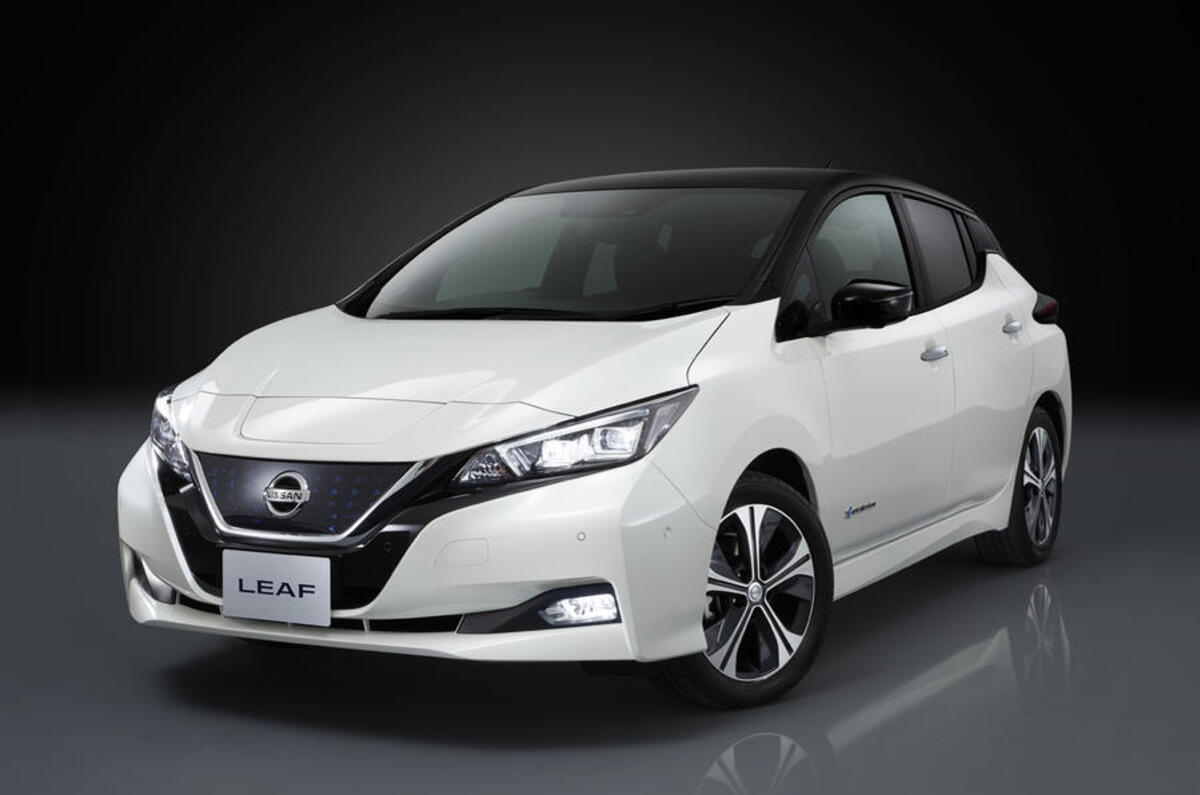Nissan is working with the UK government on a project to install 1000 vehicle-to-grid (V2G) charging points across the UK over the next three years.
The Innovate UK project is aimed at gathering data to demonstrate the effectiveness of supplying the grid with surplus energy from electric cars. It will also investigate whether the money that owners who supply energy back into the grid earn is enough of an incentive.
The project has just received £9.8 million worth of funding from the Office for Low Emission Vehicles and the Department for Business, Energy and Industrial Strategy. It also involves V2G provider Nuvve, the National Grid and two power infrastructure companies, UK Power Networks and Northern Powergrid.
Nissan has increased its support for V2G technology following the launch of its new Leaf. It has been working with Ovo Energy to give discounts to UK customers who buy an xStorage home energy unit. This device can store energy when prices are low and then use it to charge the Leaf or sell it back to grid. Nissan says the system could generate around £350 per year for Leaf owners.
With backing from the Government, Innovate UK is predicted to accelerate this type of technology's uptake and therefore boost the attractiveness of EV ownership.
The National Grid’s business development boss, Claire Spedding, explained: “Part of the demonstration project will include assessing whether EV owners are incentivised enough financially to provide power back to the grid when required and helping determine if any regulatory or policy interventions are required."
Head of Nissan’s energy division, Francisco Carranza, added that plugging EVs the grid will make the UK grid "more sustainable and more stable".
“The increase in the popularity of EVs, the introduction of more distributed generation and storage and the overall increase in renewable energy penetration should be done smartly," he said.
Sales of plug-in electrified vehicles rocketed by an unprecedented 34.8% last year, in contrast to the overall new car market's 5.7% contraction. In terms of volumes, plug-in cars still only represent a tiny proportion, however.
More content:




Join the debate
Add your comment
£350 of profit a year. APPROX
So say you buy £400 of power a year and sell it for £750 that means you'd have to full charge and fully deplete 100 times a year, twice a week. I just hope you don't want to drive it.
Assuming it’s a 50KwH battery and you buy it for .07p (£400 5700KWh) and sell it for .13p (normal rate).
Bit early so I hope my maths is right
Problem is
Does it shorten the life of the battery? Plus what's the point of having a LEAF with a flat battery because Doug down the road has been using the electricity from it to do his sunday Lunch?